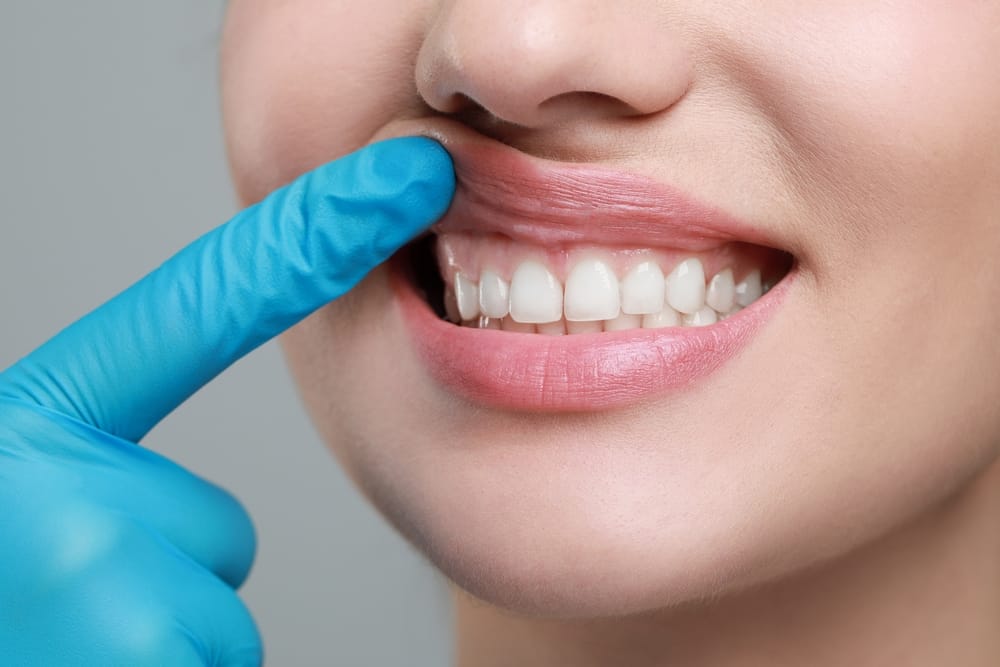Gum disease is more than just the leading cause of tooth loss in the US. It’s also one of the strongest links between your oral and overall health. This is a chronic infection that can contribute to many serious health conditions, including heart disease, autoimmune disorders, dementia, and cancer. Gum disease is also very common, affecting about half of all adults in the US. Fortunately, it’s treatable to save your teeth and your health.
If you are looking to deal with gum disease in St. Augustine, please contact dentist Dr. Stephanie Kinsey at 904-826-4343 for an appointment today.



